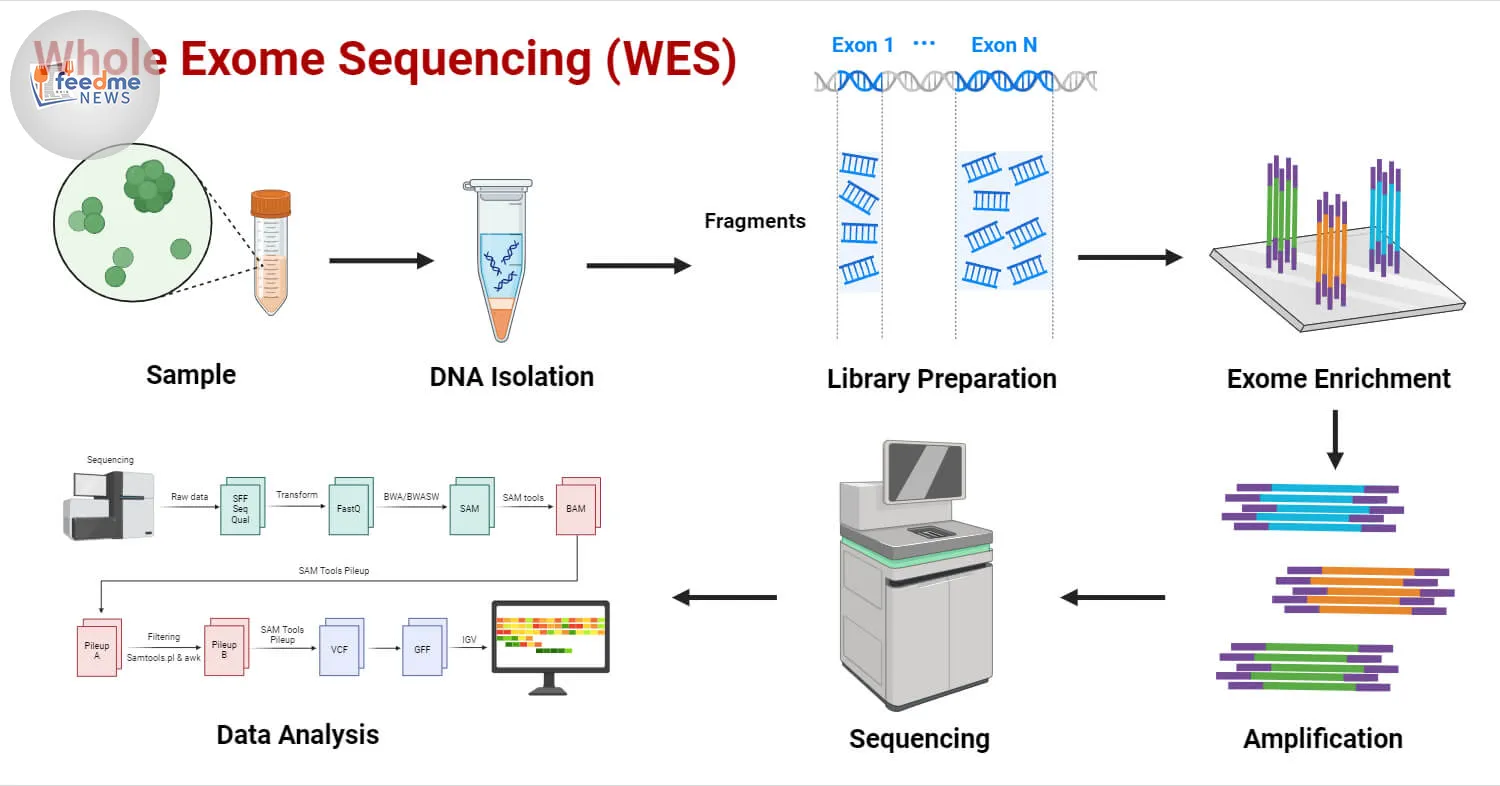A groundbreaking study published in the BMJ Open Diabetes Research & Care journal has revealed that GLP-1 receptor agonists, a class of drugs used to treat type 2 diabetes, may offer superior protection against dementia compared to the widely used metformin. This discovery could significantly impact the management of type 2 diabetes, particularly concerning long-term cognitive health in patients.
The study, which stands as the largest of its kind, provides compelling evidence that could reshape current treatment protocols for type 2 diabetes. By demonstrating the potential cognitive benefits of GLP-1 receptor agonists, the research underscores the need for healthcare providers to reassess medication strategies aimed at mitigating dementia risk among diabetic individuals.

Timing and Location of the Study
The research was carried out over several years, culminating in its publication on 22 July 2025. Conducted by an international team of scientists, the study analysed data from thousands of patients across various regions, providing a comprehensive overview of the effects of GLP-1 receptor agonists compared to metformin.
This extensive analysis was made possible through collaboration among medical institutions and research facilities worldwide, ensuring a diverse and representative sample. The findings are particularly relevant given the growing prevalence of type 2 diabetes and the increasing incidence of dementia globally.
GLP-1 Receptor Agonists: A New Frontier in Diabetes Treatment
GLP-1 receptor agonists, known for their role in managing blood glucose levels, have emerged as a promising option for type 2 diabetes treatment. Unlike metformin, which has been the standard treatment for decades, GLP-1 agonists offer additional benefits beyond glucose regulation.
Dr. Jane Thompson, a leading endocrinologist and one of the study’s principal investigators, explains, “GLP-1 receptor agonists not only help control blood sugar but also exhibit neuroprotective properties. This dual action makes them a compelling choice for patients concerned about long-term cognitive health.”
The study’s findings suggest that GLP-1 receptor agonists could play a critical role in reducing the risk of dementia, a concern for many type 2 diabetes patients. By potentially slowing cognitive decline, these drugs offer a new dimension of care that addresses both metabolic and neurological health.
Comparing the Efficacy: GLP-1 Agonists vs Metformin
Metformin has long been the go-to medication for type 2 diabetes, celebrated for its efficacy in controlling blood sugar and its affordability. However, the study reveals that when it comes to preventing dementia, GLP-1 receptor agonists may hold the upper hand.
According to Dr. Samuel Lee, another researcher involved in the study, “While metformin remains effective in managing diabetes, our research indicates that GLP-1 receptor agonists may provide superior protection against cognitive decline. This is a significant finding that could influence treatment decisions.”
The study analysed cognitive outcomes in patients using either GLP-1 receptor agonists or metformin. Results showed a noticeable reduction in dementia risk among those taking GLP-1 agonists, suggesting that these drugs could offer additional protective benefits not seen with metformin.
Implications for Healthcare Providers and Patients
The potential shift in treatment protocol has significant implications for both healthcare providers and patients. With these findings, medical professionals may need to reconsider prescribing practices to optimise patient outcomes, particularly for those at higher risk of dementia.
For patients, the introduction of GLP-1 receptor agonists as a preferred treatment could mean better long-term health prospects. “Patients should discuss these findings with their healthcare providers to understand how their treatment plans may be adjusted to incorporate these new insights,” advises Dr. Thompson.
The study stresses the importance of personalised medicine, where treatment plans are tailored to the individual needs and risks of each patient. This approach could improve not only diabetes management but also overall quality of life.
Looking Ahead: The Future of Diabetes Management
As the medical community digests these findings, the focus will likely shift towards further research and implementation. Longitudinal studies could provide additional insights into the long-term benefits of GLP-1 receptor agonists, while clinical trials may explore their efficacy in broader patient populations.
The study highlights a potential paradigm shift in diabetes management, emphasising the need for treatment strategies that consider both metabolic and cognitive health. As Dr. Lee concludes, “This research opens the door to new possibilities in treating type 2 diabetes, offering hope for improved patient outcomes and quality of life.”
In light of these developments, healthcare systems may need to adapt to incorporate these findings into practice, ensuring that patients receive the most effective and comprehensive care available.






